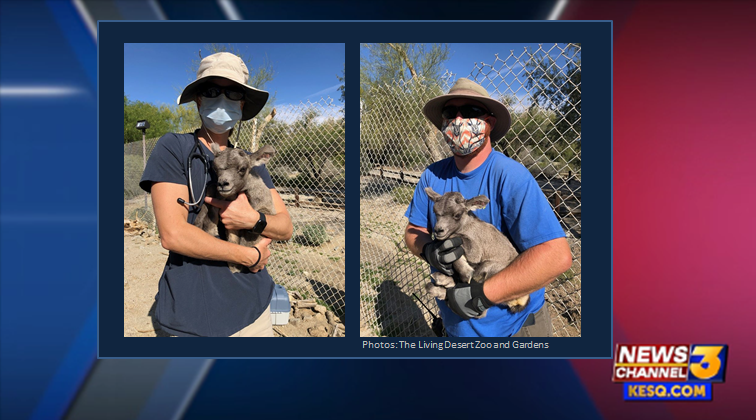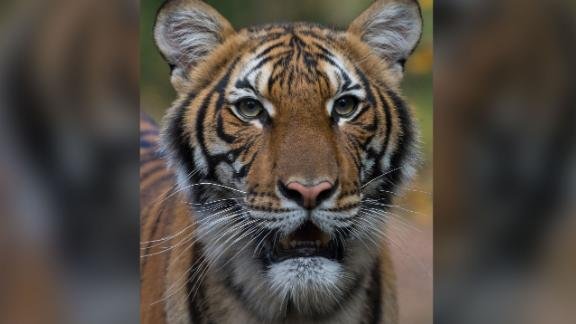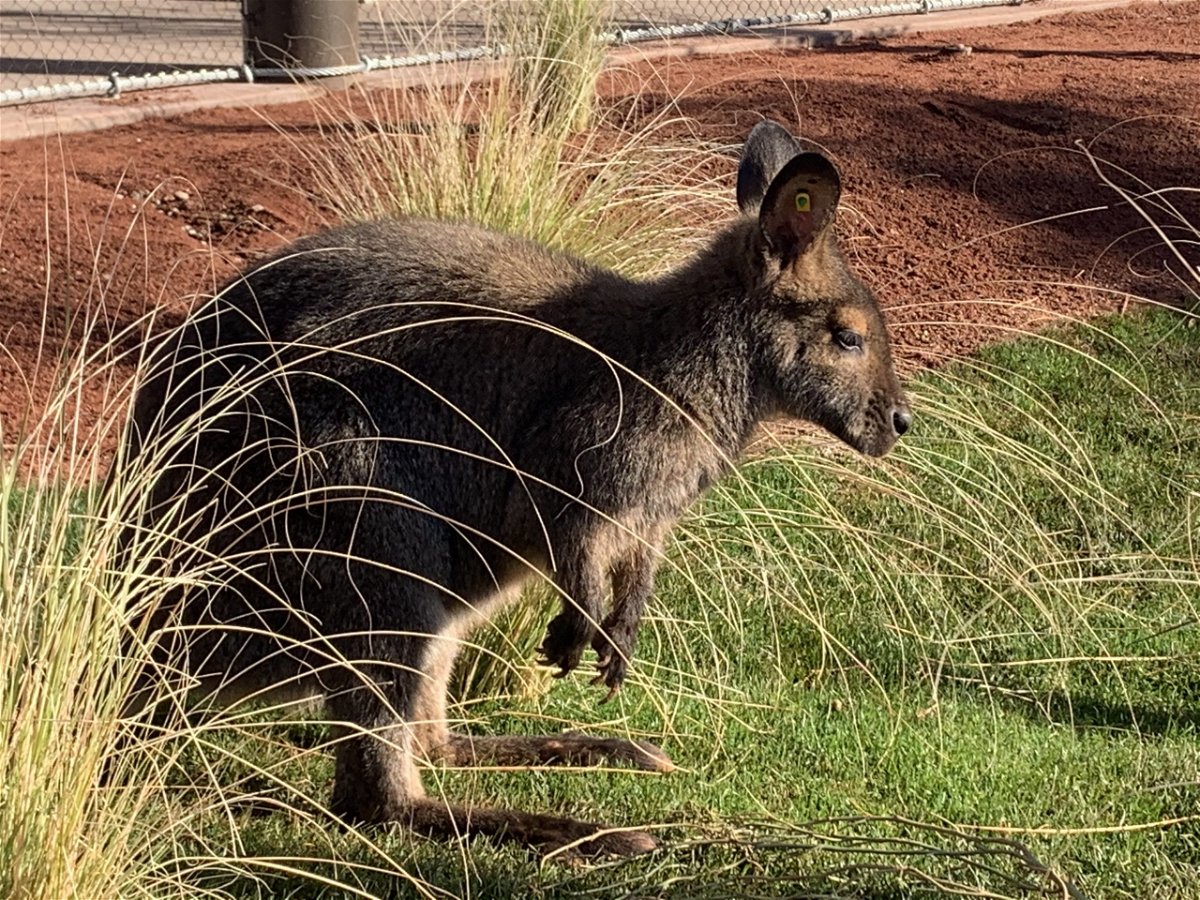Coronavirus: Living Desert zoo taking extra precautions with animals

No animals at the Living Desert Zoo and Gardens have shown any symptoms of coronavirus, or COVID-19. However, a spokesperson confirms to News Channel 3 that their staff is taking additional precautions.
News Channel 3 asked the Living Desert’s Public Relations Manager Erin Scott about what’s changed at the Palm Desert zoo after news broke of a tiger at the Bronx Zoo in New York that tested positive for coronavirus. The 4-year-old female Malayan tiger is expected to recover. She had developed a dry cough. Five other tigers and lions also began showing symptoms, according to the United States Department of Agriculture.

Scott says here at home, Living Desert staff has already made changes.
Scott said in a statement, “…in addition to following local and national orders and recommendations, The Living Desert is taking additional precautions to protect the staff and animals including the use of social distancing, along with additional personal protective equipment (PPE) including masks, gloves, face shields, coveralls, and separate boots when working with specific species, as well as limiting any animal interactions to essential personnel.”
Erin confirmed the animals at the Living Desert “are being actively monitored by the animal care and veterinary teams, and any changes in behavior or health are being noted. Our animals have not exhibited any COVID-19 related symptoms; therefore, we do not have any immediate plans to test animals for COVID-19.”
The zoo has been closed to the public since March 18. The closure came just before the zoo was set to unveil a new exhibit, Australia Adventures.

It's not open yet, but News Channel 3 was granted early access to the preparations. You can get an exclusive inside look at that exhibit here. You can meet the animals by clicking here. Learn more about why zoo officials say the Australian creatures make a good fit in the Living Desert here.
There is no date yet set for the Living Desert to reopen. “The health and well-being of the animals and staff continues to be our top priority,” said Scott.
Do you have questions about coronavirus and animals?
Here is some information from the Centers from Disease Control and Prevention:
Risk of animals spreading COVID-19 to people
Some coronaviruses that infect animals can sometimes be spread to humans and then spread between people, but this is rare. Severe acute respiratory syndrome (SARS) and Middle East respiratory syndrome (MERS) are examples of diseases caused by coronaviruses that originated in animals and spread to people. This is what is suspected to have happened with the virus that caused the current outbreak of COVID-19. However, we do not know the exact source of this virus. Public health officials and partners are working hard to identify the source of COVID-19. The first infections were linked to a live animal market, but the virus is now spreading from person to person. The coronavirus most similar to the virus causing COVID-19 is the one that causes SARS.
The virus that causes COVID-19 spreads mostly from person to person through respiratory droplets from coughing, sneezing, and talking. Recent studies indicate that people who are infected but do not have symptoms likely also play a role in the spread of COVID-19. At this time, there is no evidence that companion animals, including pets, can spread COVID-19 to people or that they might be a source of infection in the United States.
Risk of people spreading COVID-19 to animals
CDC is aware of a very small number of pets, including dogs and cats, outside the United States reported to be infected with the virus that causes COVID-19 after close contact with people with COVID-19. CDC has not received any reports of pets becoming sick with COVID-19 in the United States. To date, there is no evidence that pets can spread the virus to people.
The first case of an animal testing positive for COVID-19 in the United States was a tiger with a respiratory illness at a zoo in New York City. Samples from this tiger were taken and tested after several lions and tigers at the zoo showed signs of respiratory illness. Public health officials believe these large cats became sick after being exposed to a zoo employee who was actively shedding virus. This investigation is ongoing.
We are still learning about this virus, but we know that it is zoonotic and it appears that it can spread from people to animals in some situations.
CDC is working with human and animal health partners to monitor this situation and will continue to provide updates as information becomes available. Further studies are needed to understand if and how different animals could be affected by COVID-19.
Protect pets if you are sick
If you are sick with COVID-19 (either suspected or confirmed), you should restrict contact with pets and other animals, just like you would around other people. Although there have been no reports of pets becoming sick with COVID-19 in the United States, it is still recommended that people sick with COVID-19 limit contact with animals until more information is known about the virus. This can help ensure both you and your animals stay healthy.
- When possible, have another member of your household care for your animals while you are sick.
- Avoid contact with your pet including, petting, snuggling, being kissed or licked, and sharing food.
- If you must care for your pet or be around animals while you are sick, wash your hands before and after you interact with them.
For more information visit: What to Do if You are Sick.
Stay healthy around animals
In the United States, there is no evidence to suggest that any animals, including pets, livestock, or wildlife, might be a source of COVID-19 infection at this time. However, because all animals can carry germs that can make people sick, it’s always a good idea to practice healthy habits around pets and other animals.
- Wash your hands after handling animals, their food, waste, or supplies.
- Practice good pet hygiene and clean up after pets properly.
- Talk to your veterinarian if you have questions about your pet’s health.
For more information, visit CDC’s Healthy Pets, Healthy People website.